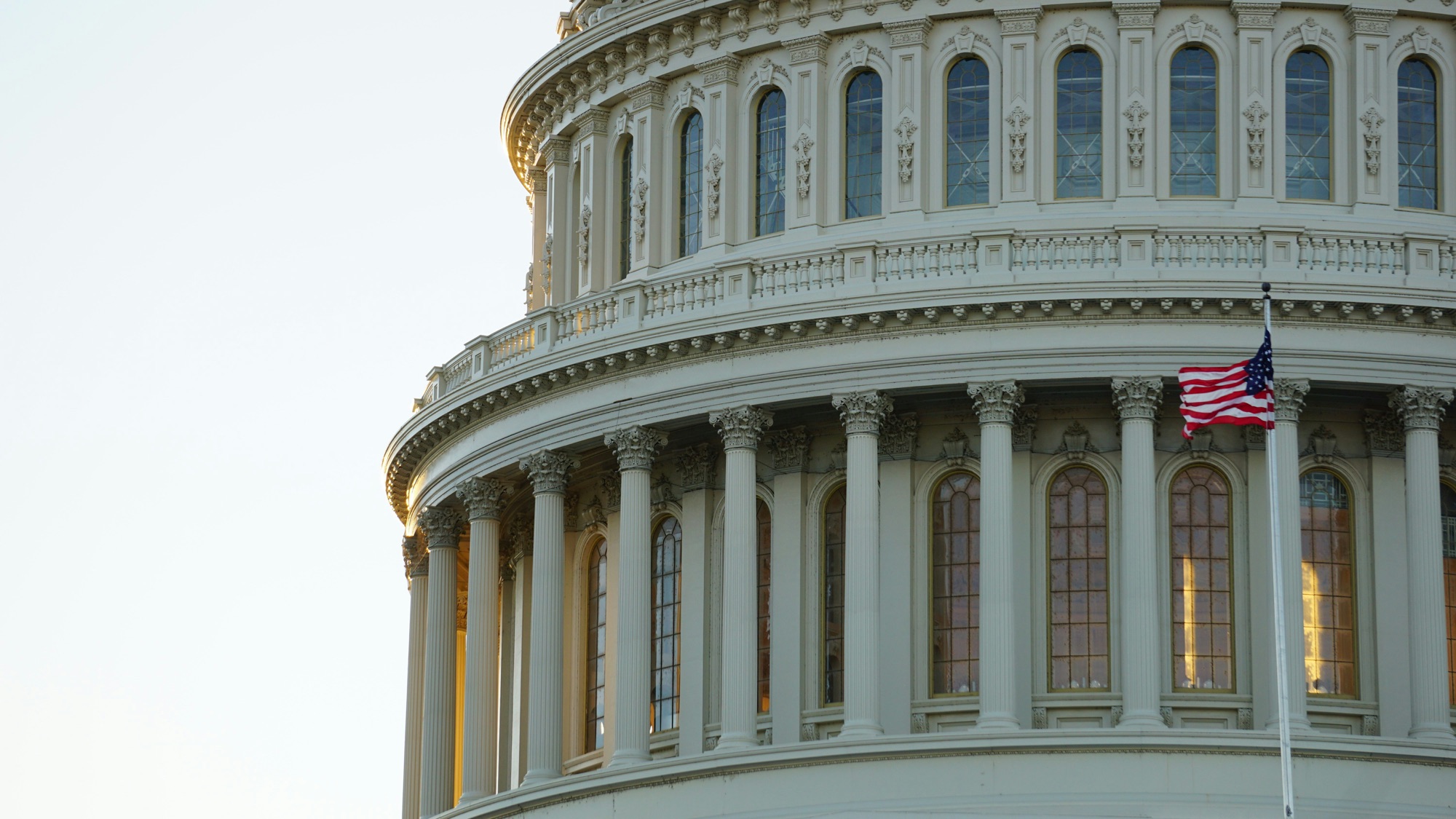Historical Context
The Founding Fathers’ Intentions
The Founding Fathers did not include a provision for an official language in the U.S. Constitution. Their focus was on building a nation based on democratic principles, individual freedoms, and equality, rather than mandating a singular language. English was the predominant language, but many early settlers and communities spoke other languages, including Dutch, German, French, and Spanish. The lack of an official language reflects the early American ethos of pluralism. The framers of the Constitution recognized the diversity of the population and the contributions of non-English-speaking communities. Rather than imposing a language requirement, they aimed to create a framework that respected individual liberties, including linguistic freedom.
Early Diversity of Languages
In the 18th and 19th centuries, the United States was home to a variety of linguistic communities. Large groups of settlers spoke German, and Spanish was prevalent in territories such as Texas, New Mexico, and California, which were part of Mexico before being annexed by the United States. Furthermore, many Native American tribes spoke their own languages long before European settlers arrived. This linguistic diversity was an integral part of the early fabric of the United States, and establishing an official language might have alienated or marginalized these communities.
Political Debates Over the Years
Early Political Debates
Although English was the dominant language spoken by the majority of the population, there have been several debates throughout U.S. history about whether to declare it the official language. One of the earliest debates occurred in the late 1700s when some lawmakers proposed making English the official language to ensure the smooth functioning of the federal government. However, these early proposals did not gain traction, partly because the United States had just fought a revolution for freedom from British rule. Many Americans were wary of any policies that appeared too authoritarian or that could infringe on individual liberties, including the right to speak different languages.
The English-Only Movement
The most significant push for English to become the official language of the United States came in the 1980s with the rise of the English-only movement. Advocates argued that making English the official language would promote national unity, help immigrants assimilate, and reduce the costs of providing multilingual government services. However, opponents of the movement argued that it could alienate non-English-speaking communities and undermine the cultural diversity that defines the nation. Critics also pointed out that English was already the dominant language in government, education, and business, so a formal declaration was unnecessary. While some states, such as California and Florida, passed laws declaring English their official language, federal efforts to do the same have consistently stalled in Congress. The debate over language policy continues to this day, with advocates on both sides presenting strong arguments for and against making English the official language.
Cultural Diversity and Multilingualism
The Role of Immigration
One of the main reasons the United States does not have an official language is its long history of immigration. The country has been a melting pot of cultures and languages for centuries, with waves of immigrants from all over the world contributing to its linguistic diversity. In the 19th and early 20th centuries, millions of immigrants from Germany, Italy, Ireland, China, and other countries arrived in the United States. Each of these groups brought their native languages and cultures with them, and many communities continued to speak their native languages for generations. More recently, large numbers of immigrants from Latin America, Asia, and Africa have arrived in the United States, further adding to the country’s linguistic diversity. Spanish, in particular, has become the second most widely spoken language in the U.S., especially in states like California, Texas, and Florida, where Latino populations have grown significantly.
Multilingualism as a National Strength
The lack of an official language reflects the United States’ commitment to cultural inclusivity and the recognition that multilingualism is an asset rather than a liability. Being a multilingual nation has several advantages. It allows the United States to engage more effectively in global trade and diplomacy, as many Americans are fluent in languages such as Spanish, Chinese, and Arabic. Additionally, multilingualism enriches the cultural landscape of the nation, making it a more dynamic and diverse society. Cultural festivals, bilingual education programs, and multilingual media contribute to the nation’s vibrancy and reflect its commitment to celebrating diversity. The ability to speak multiple languages also provides cognitive and educational benefits. Research has shown that bilingual and multilingual individuals tend to have better problem-solving skills, enhanced creativity, and greater cognitive flexibility. In a world that is increasingly interconnected, these skills are invaluable.
Government Services and Language Accommodation
Although English is the dominant language in the United States, the federal government and many state and local governments provide services in multiple languages to accommodate the diverse population. This includes offering translation and interpretation services in public hospitals, courts, and schools, as well as providing election materials in multiple languages. The Voting Rights Act of 1965, for example, requires jurisdictions with large non-English-speaking populations to provide election materials in the languages spoken by those communities. This ensures that all citizens, regardless of their linguistic background, have the opportunity to participate in the democratic process. Similarly, public schools across the country offer bilingual education programs for students whose first language is not English. These programs help students develop proficiency in English while also maintaining their native languages, promoting both academic success and cultural preservation.
Economic and Global Considerations
Economic Impact of Multilingualism
In today’s global economy, multilingualism can provide a significant competitive advantage. Companies that operate internationally benefit from employees who can communicate effectively in multiple languages. This capability can open doors to new markets, enhance customer service, and facilitate smoother negotiations with international partners. For instance, a U.S. company looking to expand into Latin America would gain a distinct edge by employing Spanish-speaking staff. Furthermore, the tourism industry, which significantly contributes to the U.S. economy, also benefits from multilingual capabilities, as it can better serve international visitors and create a more welcoming experience.
Global Diplomacy and Multilingualism
On the diplomatic front, multilingualism enables the U.S. to engage more effectively with other nations. Diplomats who are fluent in the languages of the countries where they are posted can build stronger relationships and gain deeper insights into local cultures and political landscapes. This linguistic proficiency not only aids in formal negotiations but also enhances informal communications, fostering goodwill and understanding.
Common Misconceptions and Challenges
Misconceptions About Language and Identity
A common misconception is that language is a definitive marker of national identity. While language certainly plays a role in cultural identity, equating it solely with national unity can be misleading. The U.S. exemplifies how a nation can be united through shared values and diverse languages. This diversity is part of the nation’s strength, not a source of division. However, challenges do exist in maintaining this balance. Some communities may feel pressured to prioritize English over their native languages, potentially leading to cultural erosion. It’s crucial to encourage environments where both English proficiency and native language preservation are valued.
Addressing Language Barriers in Education and Work
Language barriers can present challenges, especially in educational settings and workplaces. Schools may struggle to provide adequate resources for non-English-speaking students, impacting their academic performance. Workplaces, too, may face communication issues if language diversity is not appropriately managed. Addressing these challenges involves investing in language education programs, training educators in multilingual instruction, and promoting inclusive workplace practices. Companies can implement language training programs and use technology, like translation apps, to bridge communication gaps.
Looking Forward: The Future of Language Policy
Potential Shifts in Language Policy
As demographics continue to shift in the U.S., the debate over language policy is likely to evolve. Some experts predict that the growing influence of Spanish and other languages might lead to more formal recognition of multilingualism at the federal level. While making English the official language might appease some, a comprehensive language policy that acknowledges the country’s linguistic diversity may be more beneficial in the long term.
Embracing Linguistic Diversity
The future of U.S. language policy may involve embracing linguistic diversity as a strategic resource. This approach not only aligns with the country’s historical values of freedom and inclusivity but also prepares the nation to thrive in a multicultural and interconnected world. By fostering an environment where multiple languages coexist, the U.S. can harness the full potential of its diverse population, promoting innovation, global competitiveness, and social cohesion.
To wrap up, while the debate over whether to establish an official language in the United States persists, the nation’s decision to remain without one speaks volumes about its commitment to diversity and inclusion. This linguistic freedom, rather than being a hindrance, positions the U.S. uniquely on the global stage, where understanding and communication across cultures are more valuable than ever.




